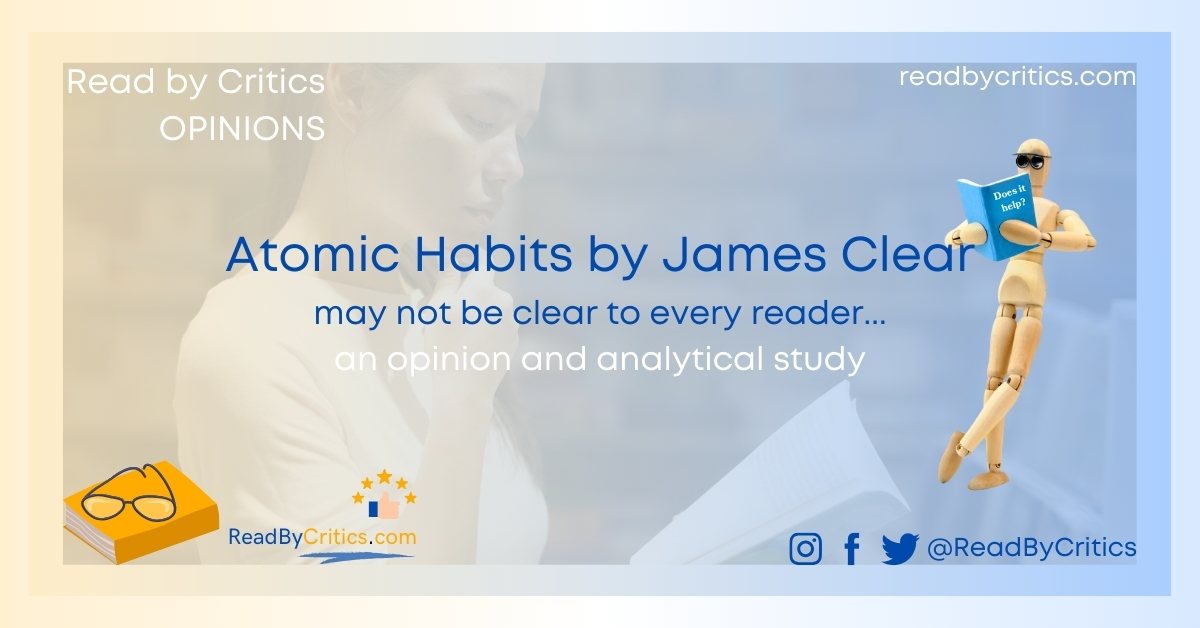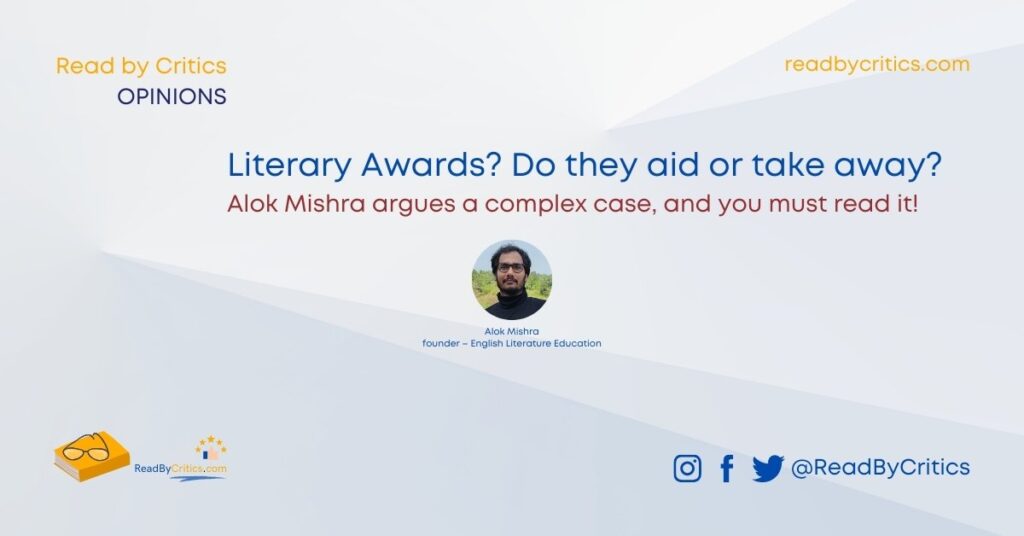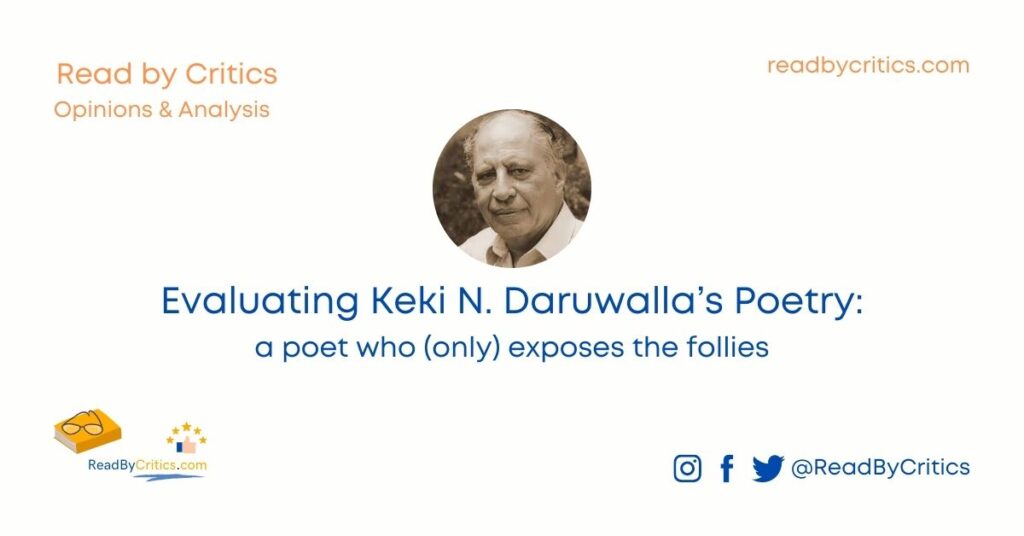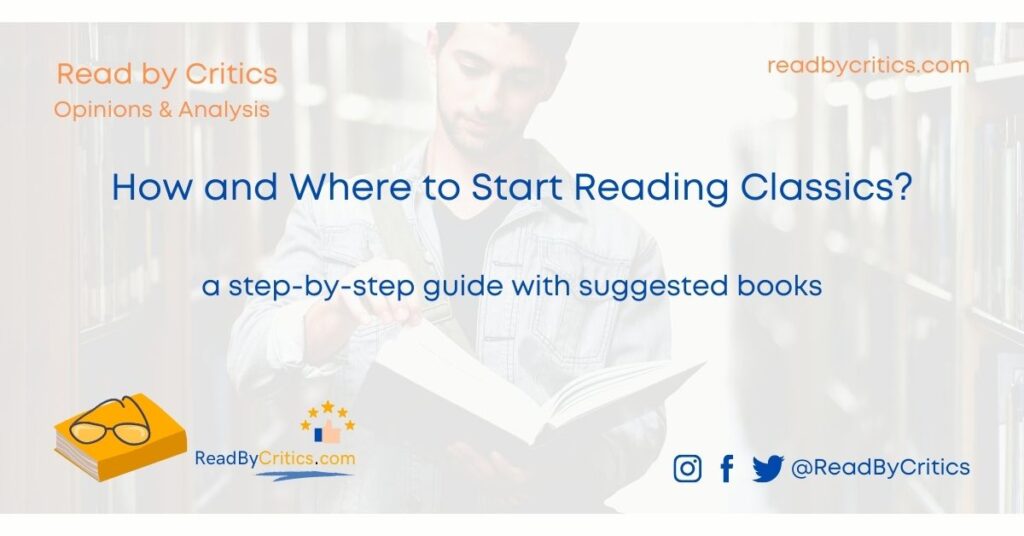Before I get into the groove and offer my thoughts on the book in concern, Atomic Habits by James Clear, let me throw a few punches in the air. It will clear the air, literally and metaphorically, and may help readers understand why am I writing this opinion piece for the Read by Critics platform.
In the ever-expanding realm of self-help literature, certain books attain cult status, and a curious phenomenon ensues—a cascade effect where readers fervently follow the recommendations of their peers. While each book in the genre undoubtedly contributes meaningful insights, a recurring pattern emerges. Authors, driven by the overarching theme of change, often find themselves churning out variations of the same ideas and visions. The rallying cry is clear: change is inevitable, embrace it. Yet, amidst the sea of motivational rhetoric, the crucial elements of how, why, when, what, and how much often get drowned out. Yes, we all nod knowingly at the concept of change, but what we crave are the actionable steps, the tangible strategies, and the roadmap to transformation. It’s not just about preaching the gospel of change; it’s about providing a comprehensive guide on navigating the intricacies of transformation. The hunger for substance amidst the motivational prose is palpable. Readers yearn for the practical ‘hows’ that bridge the gap between aspiration and achievement, the ‘whys’ that anchor the motivation in purpose, the ‘whens’ that map out the timeline of progress, the ‘whats’ that define the tangible goals, and the ‘how much’ that quantifies effort and commitment. In the echo chamber of self-help, where authors echo the universal truth of change, the standout voices are those that answer the clamour for substance with a symphony of practicality. It’s time for the genre to evolve beyond mere exhortations, transforming into a blueprint for actionable change—a guide that not only fuels the fire of motivation but also equips the reader with the tools to set the world ablaze with their newfound knowledge. In this landscape, the books that transcend the cult status are the ones that not only acknowledge the inevitability of change but also illuminate the path forward, ushering readers from the realm of inspiration to the tangible realm of achievement. Let us not be content with the rhetoric of change; let us demand, as discerning readers, the intricacies of its execution. For in the crucible of actionable wisdom lies the true transformative power of self-help literature—an alchemy that turns aspirations into accomplishments, vague visions into vivid realities. As readers, let us seek not just the solace of shared affirmations but the guidance that propels us through the labyrinth of personal development. Let us be the champions of a new era in self-help literature—one where the ‘hows,’ ‘whys,’ ‘whens,’ ‘whats,’ and ‘how much’ are not just whispered promises but resounding echoes, guiding us towards the profound changes we aspire to make in our lives. In a genre saturated with motivational mantras, let us be discerning connoisseurs, demanding substance, and finding solace not just in the shared pursuit of change but in the collective achievement of meaningful transformation. The time has come for self-help literature to transcend the cult of repetition and ascend to the pinnacle of practical guidance—an evolution that empowers readers not just to embrace change but to orchestrate it with precision and purpose.
Now, let’s get straight to the business at hand!
“Atomic Habits” by James Clear has undeniably garnered widespread acclaim for its insights into habit formation and personal development. However, as with any literary work, it is subject to varying interpretations and critiques. This article aims to provide a balanced analysis of the book, addressing some of the concerns raised by readers who find it falls short in certain aspects.
Repetition:
One notable critique of “Atomic Habits” is the perceived repetition of core concepts throughout the book. While repetition can serve as a reinforcement mechanism for learning, some readers argue that it may make the book feel slow-paced. Comparing this to other self-help works, such as Charles Duhigg’s “The Power of Habit,” it becomes evident that Clear’s approach may not resonate with those seeking a more diverse narrative structure.
Simplistic Nature:
The central premise of “Atomic Habits” revolves around the idea that small changes can lead to significant results. While this concept is undeniably powerful, some readers may find it overly simplistic compared to other self-help literature. Works like Carol S. Dweck’s “Mindset” delve into the complexities of mindset and personal growth, offering a broader perspective beyond the simplicity of habit formation.
Limited Scope:
Another point of contention is the book’s narrow focus on habit formation, neglecting other factors that contribute to personal growth and success. Readers looking for a more comprehensive approach, encompassing mindset, motivation, and external circumstances, may feel that “Atomic Habits” falls short. In comparison, books like Angela Duckworth’s “Grit” emphasise the importance of perseverance and passion, addressing a broader spectrum of elements crucial to personal development.
Not a One-Size-Fits-All Solution:
Critics argue that the strategies and techniques outlined in “Atomic Habits” may not be universally effective. The book may lack the nuanced guidance required for individuals facing difficulties in implementing the suggested methods. Contrasting this with the adaptive strategies proposed in Daniel H. Pink’s “Drive,” which considers various motivational factors, it becomes evident that “Atomic Habits” may not cater to the diverse needs of all readers.
Lack of Scientific Rigour:
While “Atomic Habits” draws on research from various fields, some critics contend that it lacks comprehensive scientific rigour in exploring the science behind habit formation. In contrast, works like Nir Eyal’s “Hooked” delve deep into the psychology of forming habits, providing a more detailed and scientifically grounded exploration. This raises questions about the depth of scientific analysis presented in “Atomic Habits.”
Also read: Best self-help books of all time
Comparative Analysis:
To gain a more nuanced perspective, let’s compare “Atomic Habits” with two other popular self-help books: Charles Duhigg’s “The Power of Habit” and Carol S. Dweck’s “Mindset.”
“Atomic Habits” vs. “The Power of Habit”:
Both books focus on the power of habits, but they differ in their approach. While “Atomic Habits” emphasises the incremental nature of change, “The Power of Habit” explores the science of habit formation with a more diverse narrative. Duhigg’s work delves into real-life examples and case studies, providing a richer tapestry for readers seeking a more multifaceted understanding of habits.
“Atomic Habits” vs. “Mindset”:
“Mindset” by Carol S. Dweck explores the concept of fixed and growth mindsets, offering a broader perspective on personal development. In contrast, “Atomic Habits” concentrates on habit formation as a catalyst for change. Readers looking for a comprehensive exploration of mindset may find Dweck’s work more appealing, as it delves into the intricacies of one’s beliefs and attitudes towards success.
Please note that I am not endorsing this over that or that over this. I am just sharing perspectives and thoughts. You can make your decisions, always, better than everyone else.
Conclusion:
In conclusion, “Atomic Habits” by James Clear, while praised for its valuable insights and practical advice on habit formation, may not align with everyone’s preferences within the self-help genre. The perceived issues of repetition, simplicity, limited scope, lack of universality, and scientific rigour should be considered in the context of individual needs and preferences. By comparing “Atomic Habits” with other notable works, readers can make informed decisions about which self-help literature aligns more closely with their goals and expectations. Ultimately, the quest for personal development requires a tailored approach, and “Atomic Habits” is but one piece of the diverse landscape of self-help literature.
If you are interested, here is the book review on this platform – Atomic Habits by James Clear
By Old School Critic, AM, for Read by Critics




